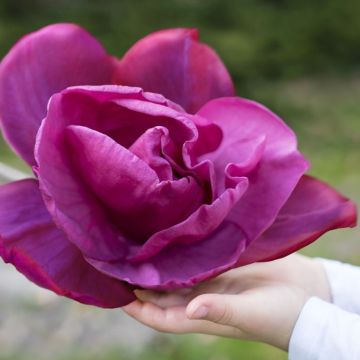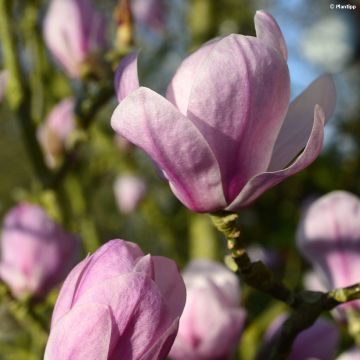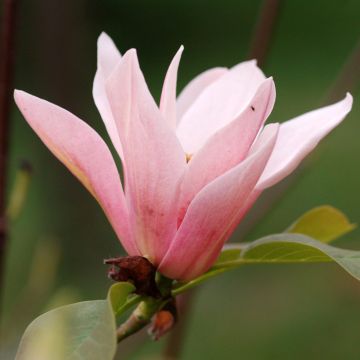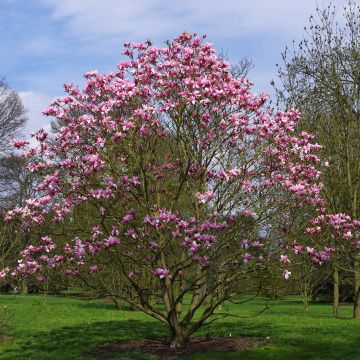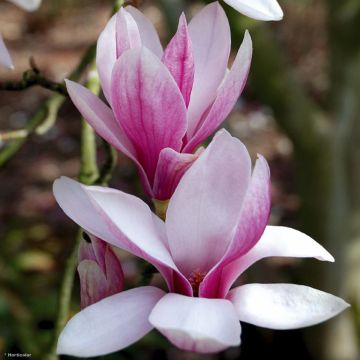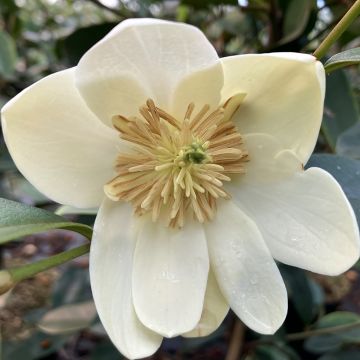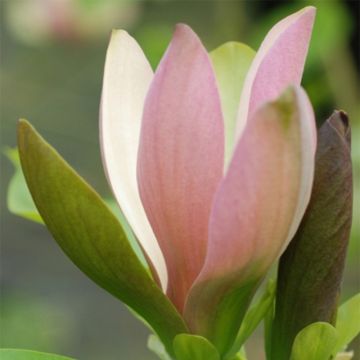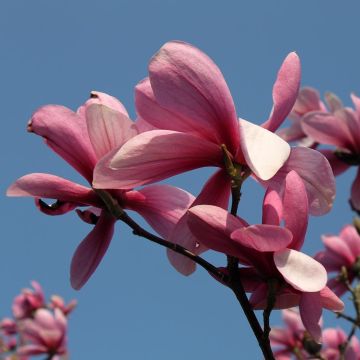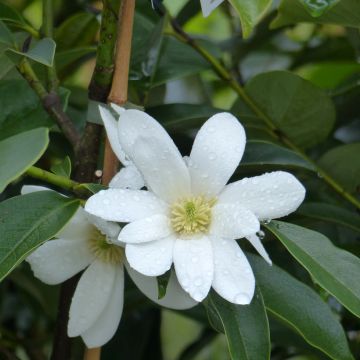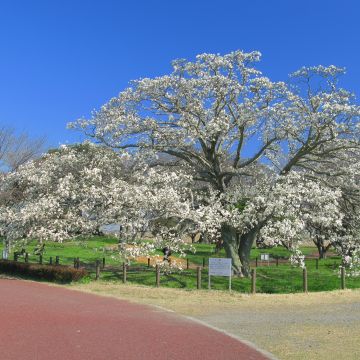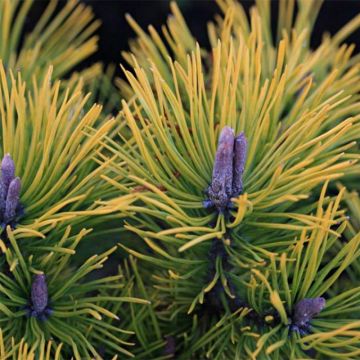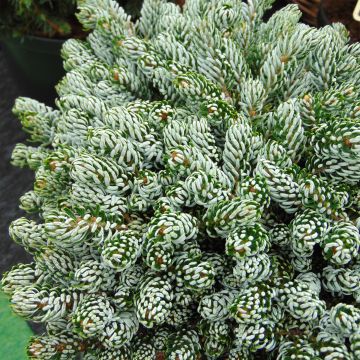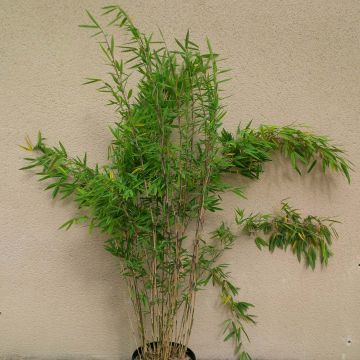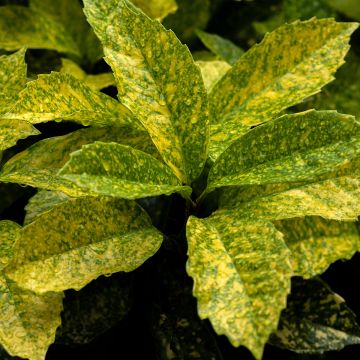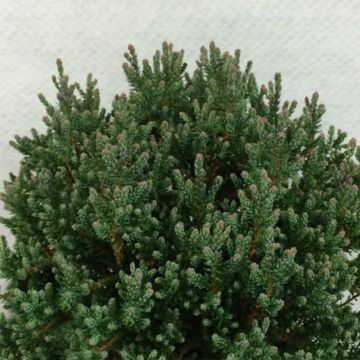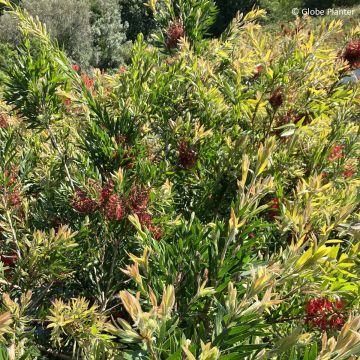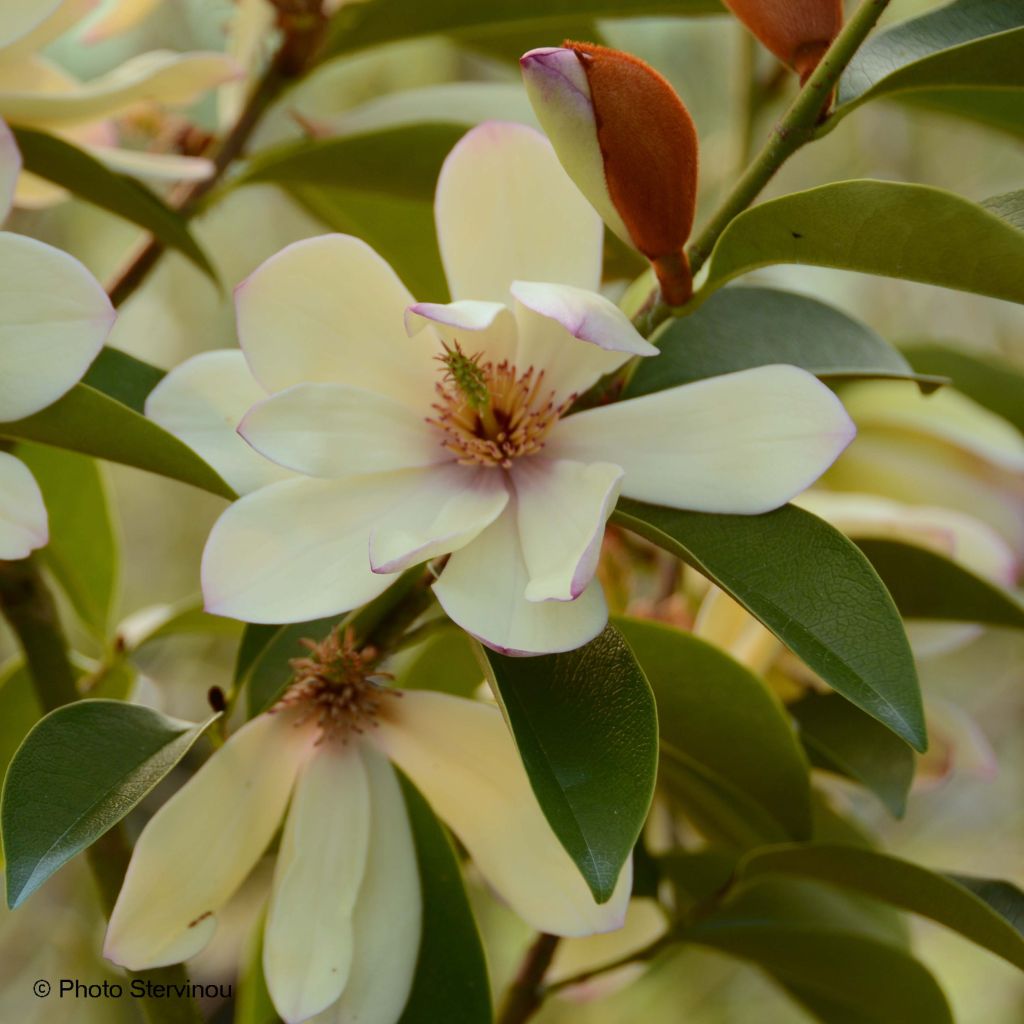

Michelia Fairy Lime - Michelia hybride
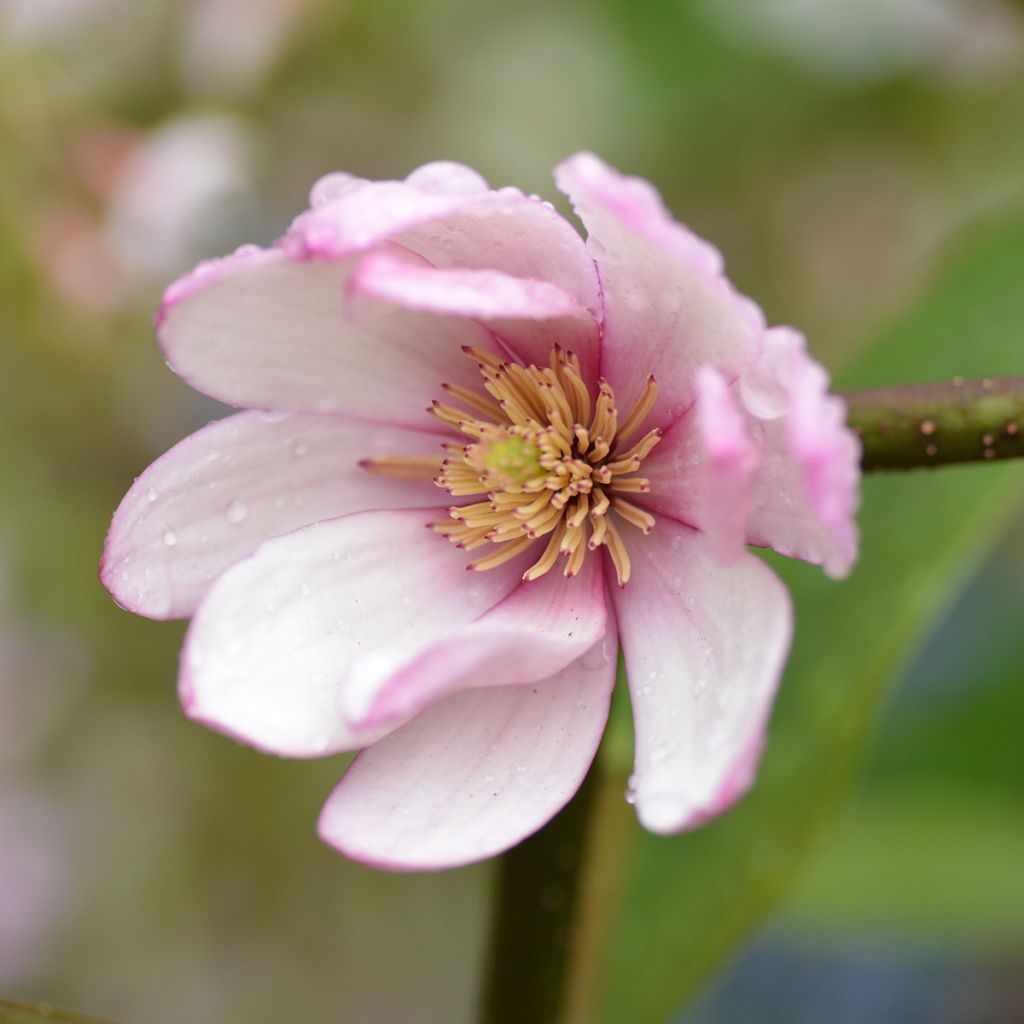

Michelia Fairy Lime - Michelia hybride
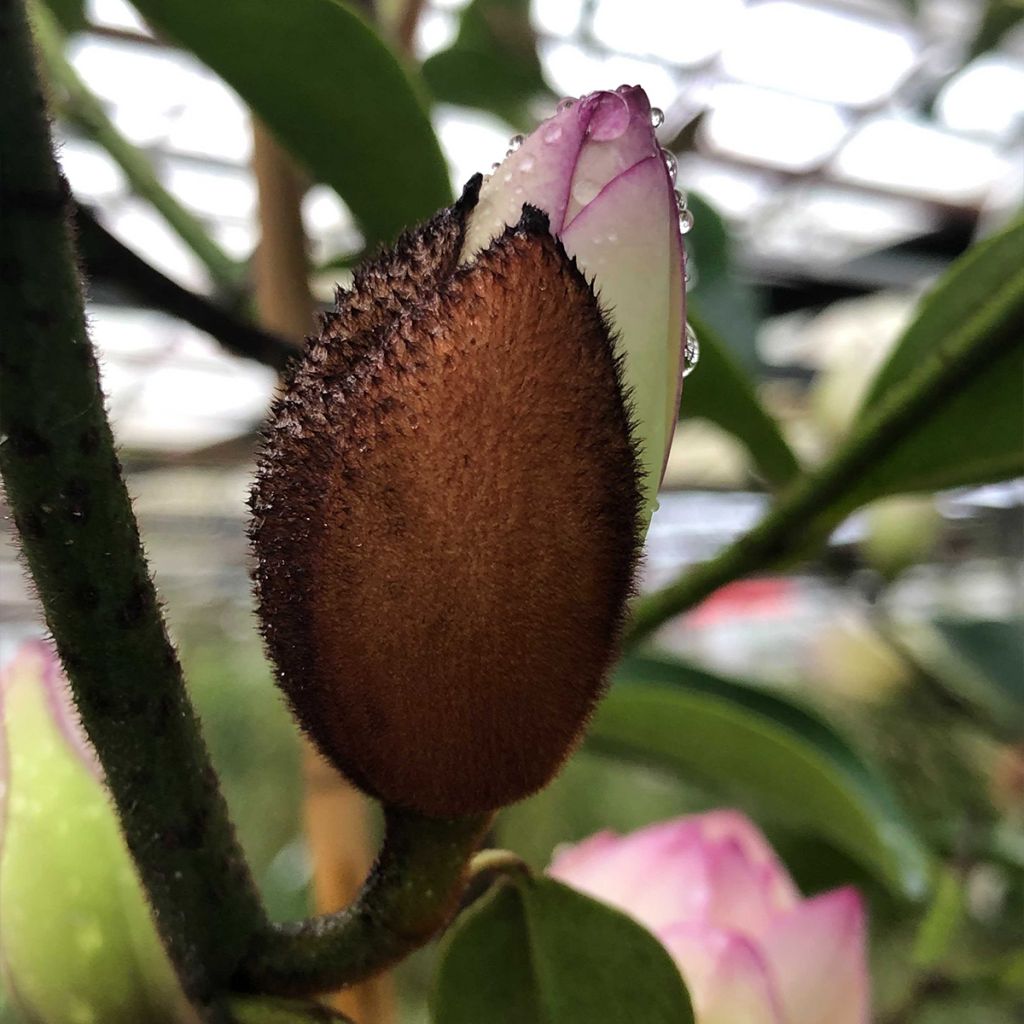

Michelia Fairy Lime - Michelia hybride
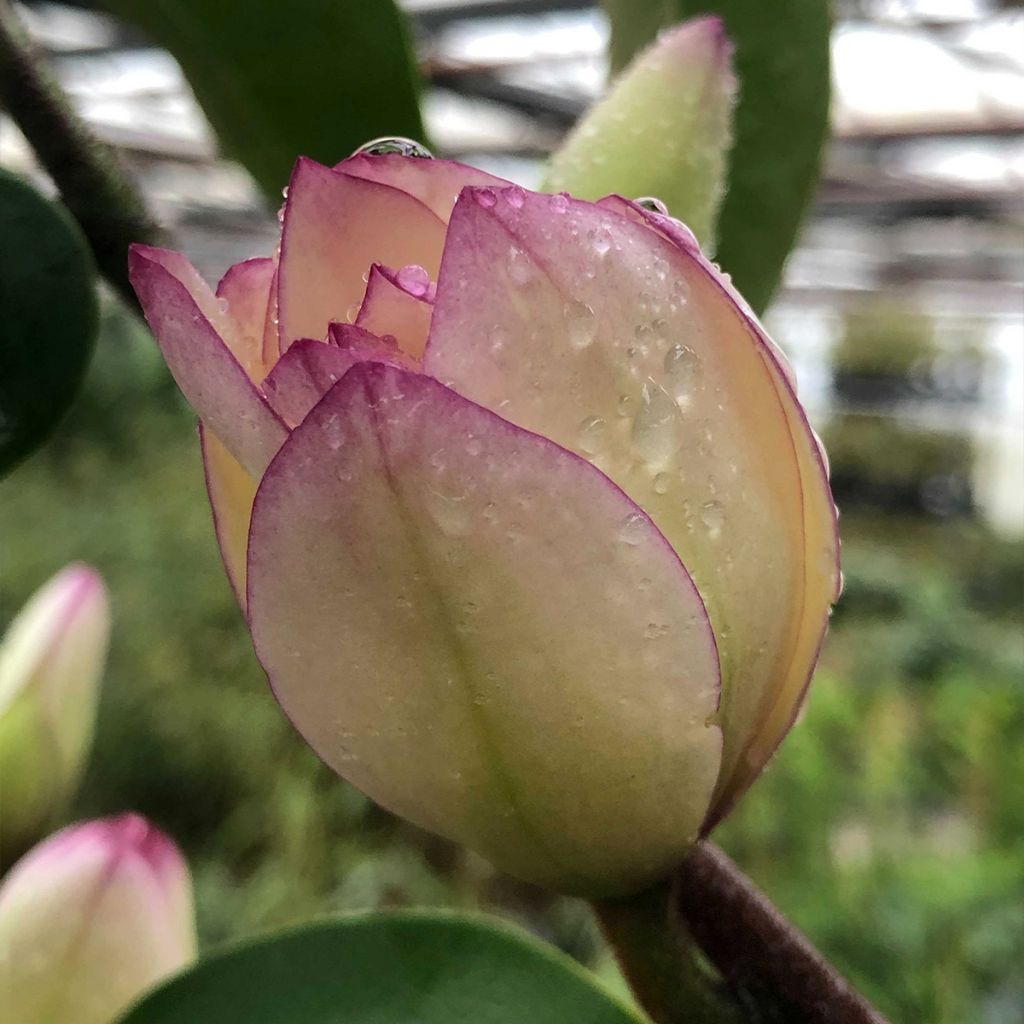

Michelia Fairy Lime - Michelia hybride
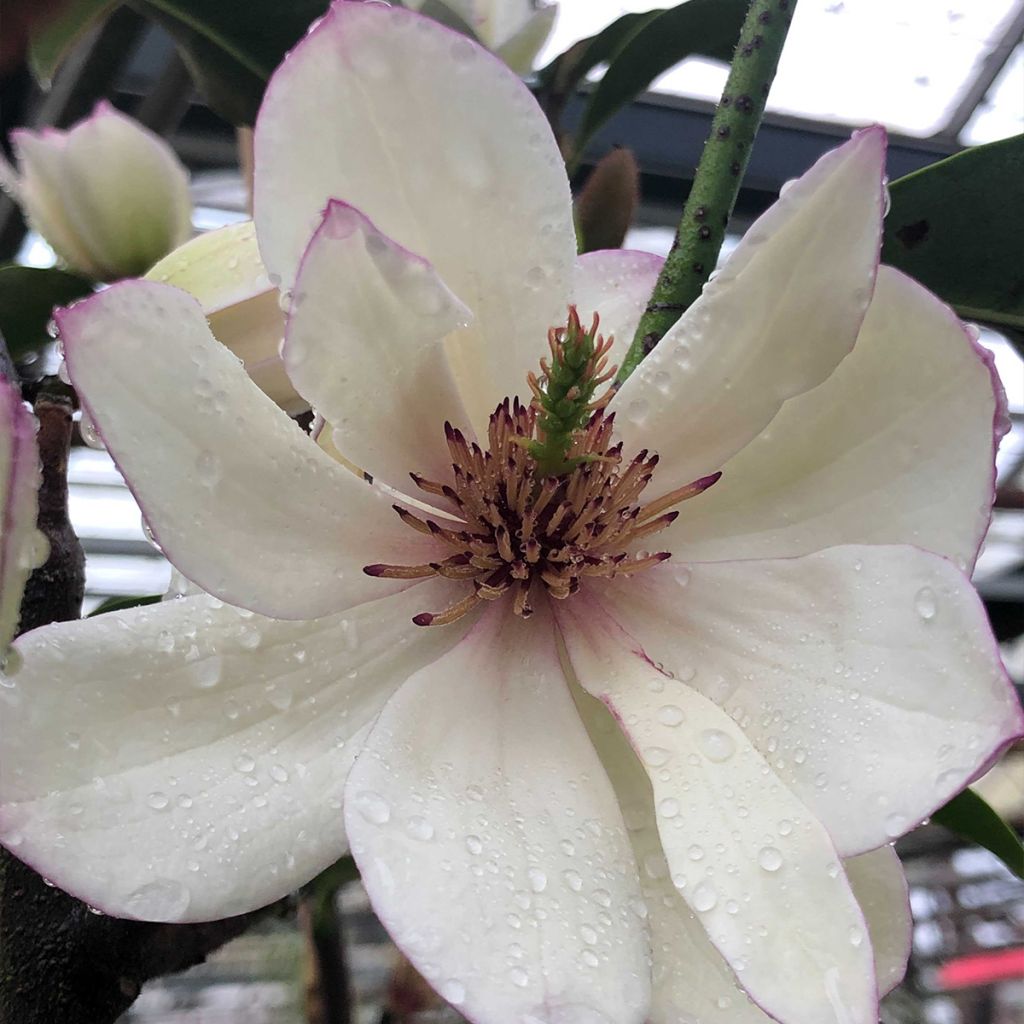

Michelia Fairy Lime - Michelia hybride
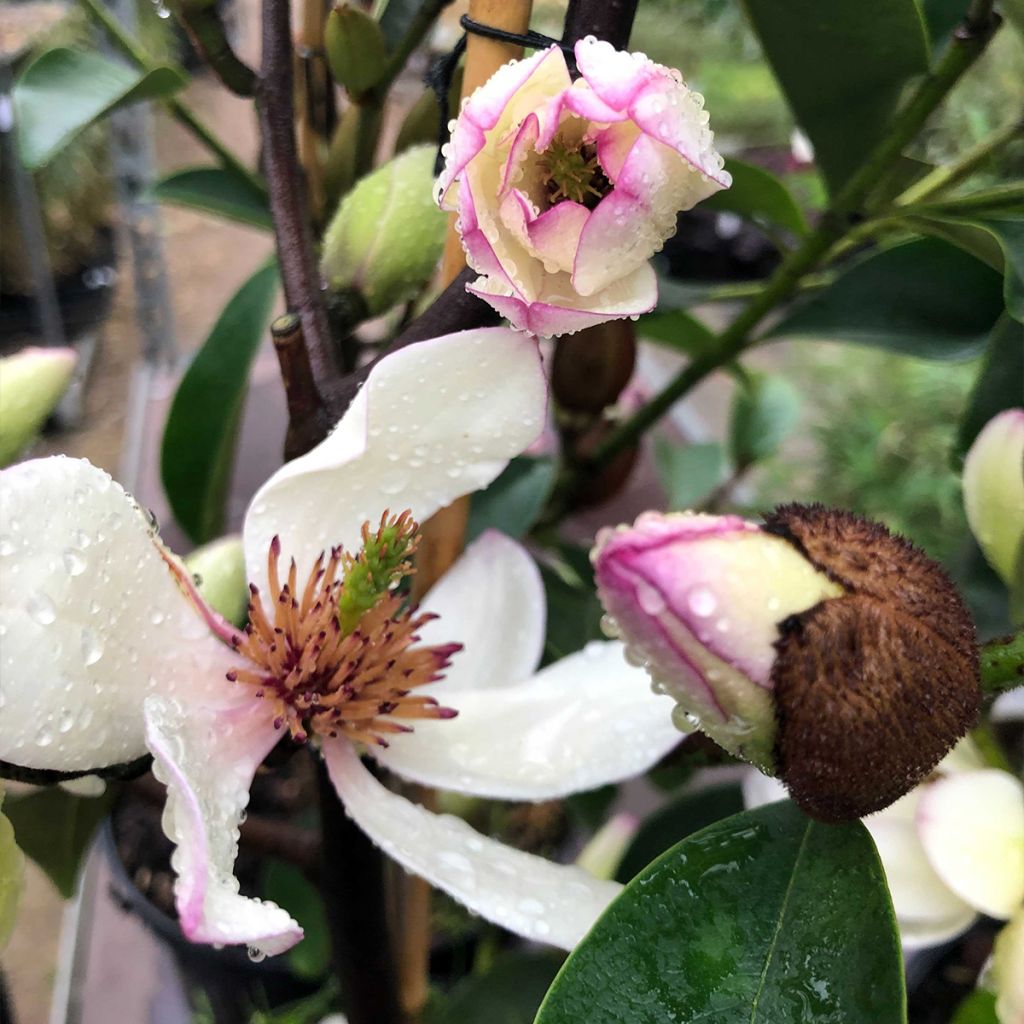

Michelia Fairy Lime - Michelia hybride
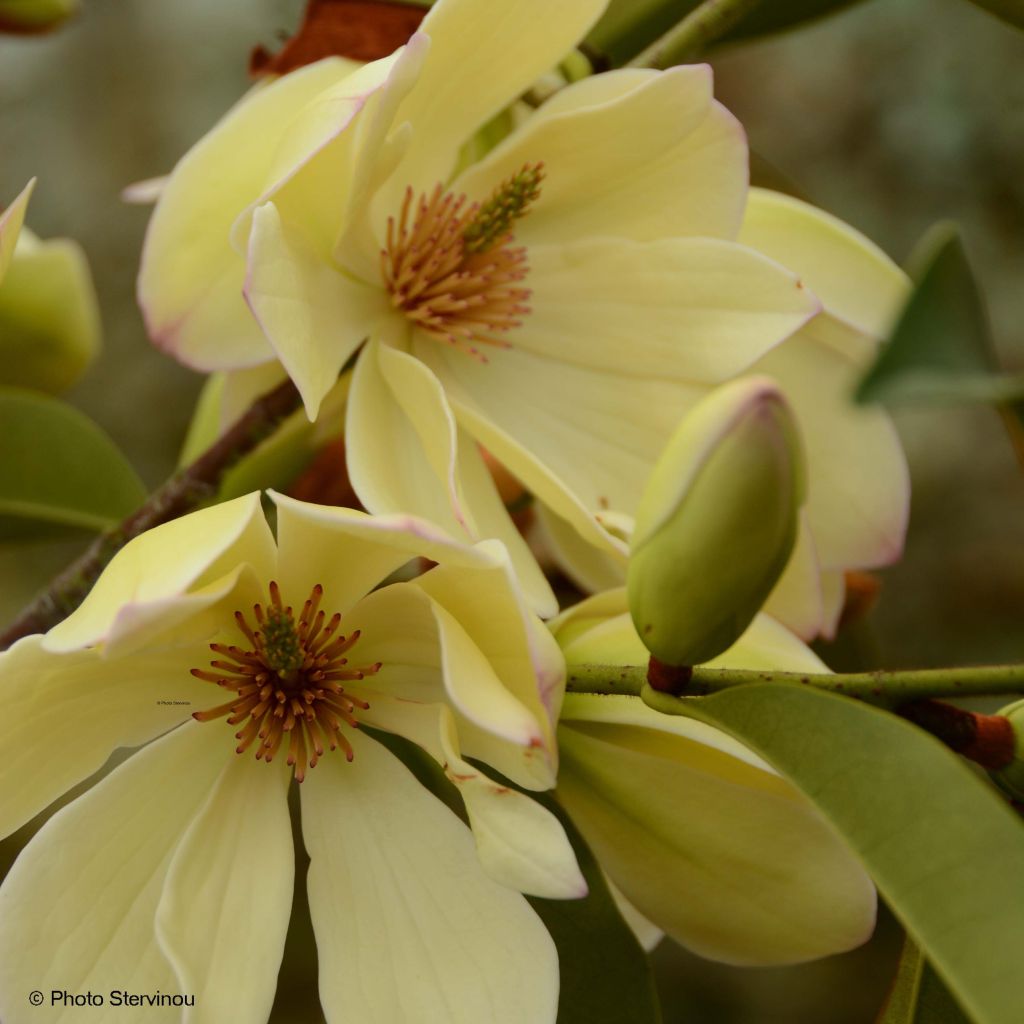

Michelia Fairy Lime - Michelia hybride
Magnolia Fairy Lime
Magnolia Fairy Lime
Sweet Michelian, Magnolia
Superb. As described.
Ngo, 29/04/2022
Special offer!
Receive a €20 voucher for any order over €90 (excluding delivery costs, credit notes, and plastic-free options)!
1- Add your favorite plants to your cart.
2- Once you have reached €90, confirm your order (you can even choose the delivery date!).
3- As soon as your order is shipped, you will receive an email containing your voucher code, valid for 3 months (90 days).
Your voucher is unique and can only be used once, for any order with a minimum value of €20, excluding delivery costs.
Can be combined with other current offers, non-divisible and non-refundable.
Home or relay delivery (depending on size and destination)
Schedule delivery date,
and select date in basket
This plant carries a 24 months recovery warranty
More information
We guarantee the quality of our plants for a full growing cycle, and will replace at our expense any plant that fails to recover under normal climatic and planting conditions.
Would this plant suit my garden?
Set up your Plantfit profile →
Description
Michelia 'Fairy Lime' is a bush with an exotic appearance. It produces numerous cream-yellow scented flowers in spring, with a touch of pink at the tip. It bears glossy and evergreen leaves. Vigorous but a little sensitive to cold (hardy to -8°C (17.6°F)), it prefers mild climates and a location in partial shade or light sun, in moist and acidic soil. It can also find its place on a patio to create an exotic and unique scene.
'Fairy Lime' belongs to the Michelia genus, which botanists have now reintegrated into Magnolias. You can therefore also find this plant under the name Magnolia 'Fairy Lime'. All of them belong to the ancient Magnoliaceae family, which includes fossil plants dating back 90 million years.
This beautiful variety comes from a New Zealand hybridisation. With an exotic appearance, it has tough and glossy evergreen foliage, which is dark green on the upper side and slightly lighter on the underside. Between April and May, the bush produces elongated brownish-fawn flower buds, which eventually open into cream-yellow flowers about 4 to 6cm (2in) in diameter, with reddish stamens. The tip of each waxy petal is delicately marked with a pink shadow. These flowers resemble miniature Magnolia grandiflora flowers. As with many Michelia species, the flowering is fragrant. This dense bush can reach a height of about 2.5m (8ft) and a width of 1.5 to 2m (5 to 7ft) after 10 years.
Although robust and fairly vigorous, 'Fairy Lime' has medium hardiness. It is best not to expose it to temperatures below -8°C (17.6°F). Therefore, provide a location in bright partial shade, well sheltered from east and north winds, which could quickly damage its beautiful foliage and compromise its flowering. Intense sunlight can also scorch its leaves. It appreciates moist, preferably acidic, and rich soil that does not dry out in summer. In limestone soil, the plant develops poorly and its leaves turn yellow.
Its uniqueness allows it to be used as a standalone specimen, highlighted in an exotic setting with neighbours such as Fatsia japonica, Fuchsia regia, and perennials like acanthus, Hosta 'Jurassic Park', as well as ferns such as Athyrium otophorum var. okanum or Woodwardia. Its dense habit also allows it to be used as a hedge, as well as in a large pot. Its growth will then be more limited, and care must be taken to prevent the substrate from drying out.
Report an error about the product description
Magnolia Fairy Lime in pictures
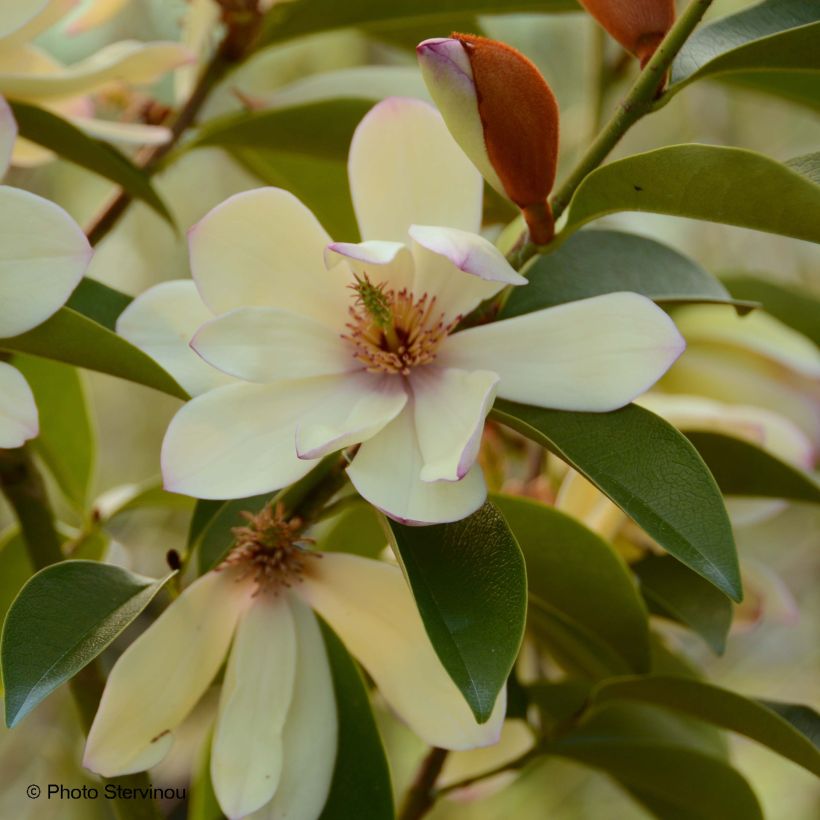

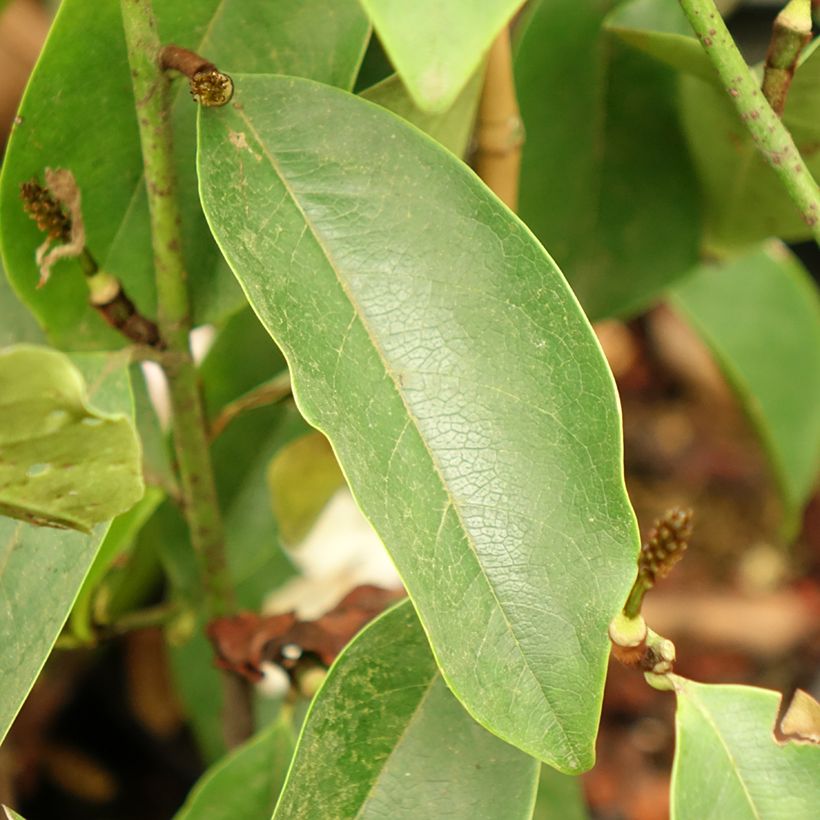

Plant habit
Flowering
Foliage
Botanical data
Magnolia
Fairy Lime
Magnoliaceae
Sweet Michelian, Magnolia
Cultivar or hybrid
Other Magnolia
View all →Planting and care
It prefers humus-rich, slightly acidic soils (pH 6.5), rich in organic matter, from moist to dry, without stagnant humidity. It appreciates partially shaded exposures and dreads scorching exposures. Its cultivation is possible in open ground in regions with a mild climate, as its hardiness does not exceed -10 to -12°C (14 to 10.4°F) even if planted in a very sheltered location. Mulch the base to maintain moisture in hot climates, and water abundantly every 15 days in case of prolonged drought. This bush does not tolerate transplantation well once established, so choose its location carefully. Its appearance and growth will be very different depending on whether it is planted in open ground or in a container, and whether it grows in shade or in a sunny exposure. When it develops in the shade, its habit is more open and flexible, its foliage darker. Conversely, if it is exposed to the sun, it will show a more compact habit, and denser foliage, which is smaller and lighter green. When grown in a large container, its growth is limited. Watering should then be regular in summer and greatly reduced in winter: in a cold greenhouse or conservatory, water (without too much limestone) should be applied only when the substrate is dry to a depth of 1cm (1in) on the surface. The bush can be easily pruned after flowering. In late winter, before the start of vegetation, remove dead wood and intertwined branches, keeping only vigorous branches to maintain a beautiful habit.
Planting period
Intended location
Care
-
, onOrder confirmed
Reply from on Promesse de fleurs
Similar products
Haven't found what you were looking for?
Hardiness is the lowest winter temperature a plant can endure without suffering serious damage or even dying. However, hardiness is affected by location (a sheltered area, such as a patio), protection (winter cover) and soil type (hardiness is improved by well-drained soil).

Photo Sharing Terms & Conditions
In order to encourage gardeners to interact and share their experiences, Promesse de fleurs offers various media enabling content to be uploaded onto its Site - in particular via the ‘Photo sharing’ module.
The User agrees to refrain from:
- Posting any content that is illegal, prejudicial, insulting, racist, inciteful to hatred, revisionist, contrary to public decency, that infringes on privacy or on the privacy rights of third parties, in particular the publicity rights of persons and goods, intellectual property rights, or the right to privacy.
- Submitting content on behalf of a third party;
- Impersonate the identity of a third party and/or publish any personal information about a third party;
In general, the User undertakes to refrain from any unethical behaviour.
All Content (in particular text, comments, files, images, photos, videos, creative works, etc.), which may be subject to property or intellectual property rights, image or other private rights, shall remain the property of the User, subject to the limited rights granted by the terms of the licence granted by Promesse de fleurs as stated below. Users are at liberty to publish or not to publish such Content on the Site, notably via the ‘Photo Sharing’ facility, and accept that this Content shall be made public and freely accessible, notably on the Internet.
Users further acknowledge, undertake to have ,and guarantee that they hold all necessary rights and permissions to publish such material on the Site, in particular with regard to the legislation in force pertaining to any privacy, property, intellectual property, image, or contractual rights, or rights of any other nature. By publishing such Content on the Site, Users acknowledge accepting full liability as publishers of the Content within the meaning of the law, and grant Promesse de fleurs, free of charge, an inclusive, worldwide licence for the said Content for the entire duration of its publication, including all reproduction, representation, up/downloading, displaying, performing, transmission, and storage rights.
Users also grant permission for their name to be linked to the Content and accept that this link may not always be made available.
By engaging in posting material, Users consent to their Content becoming automatically accessible on the Internet, in particular on other sites and/or blogs and/or web pages of the Promesse de fleurs site, including in particular social pages and the Promesse de fleurs catalogue.
Users may secure the removal of entrusted content free of charge by issuing a simple request via our contact form.
The flowering period indicated on our website applies to countries and regions located in USDA zone 8 (France, the United Kingdom, Ireland, the Netherlands, etc.)
It will vary according to where you live:
- In zones 9 to 10 (Italy, Spain, Greece, etc.), flowering will occur about 2 to 4 weeks earlier.
- In zones 6 to 7 (Germany, Poland, Slovenia, and lower mountainous regions), flowering will be delayed by 2 to 3 weeks.
- In zone 5 (Central Europe, Scandinavia), blooming will be delayed by 3 to 5 weeks.
In temperate climates, pruning of spring-flowering shrubs (forsythia, spireas, etc.) should be done just after flowering.
Pruning of summer-flowering shrubs (Indian Lilac, Perovskia, etc.) can be done in winter or spring.
In cold regions as well as with frost-sensitive plants, avoid pruning too early when severe frosts may still occur.
The planting period indicated on our website applies to countries and regions located in USDA zone 8 (France, United Kingdom, Ireland, Netherlands).
It will vary according to where you live:
- In Mediterranean zones (Marseille, Madrid, Milan, etc.), autumn and winter are the best planting periods.
- In continental zones (Strasbourg, Munich, Vienna, etc.), delay planting by 2 to 3 weeks in spring and bring it forward by 2 to 4 weeks in autumn.
- In mountainous regions (the Alps, Pyrenees, Carpathians, etc.), it is best to plant in late spring (May-June) or late summer (August-September).
The harvesting period indicated on our website applies to countries and regions in USDA zone 8 (France, England, Ireland, the Netherlands).
In colder areas (Scandinavia, Poland, Austria...) fruit and vegetable harvests are likely to be delayed by 3-4 weeks.
In warmer areas (Italy, Spain, Greece, etc.), harvesting will probably take place earlier, depending on weather conditions.
The sowing periods indicated on our website apply to countries and regions within USDA Zone 8 (France, UK, Ireland, Netherlands).
In colder areas (Scandinavia, Poland, Austria...), delay any outdoor sowing by 3-4 weeks, or sow under glass.
In warmer climes (Italy, Spain, Greece, etc.), bring outdoor sowing forward by a few weeks.






























